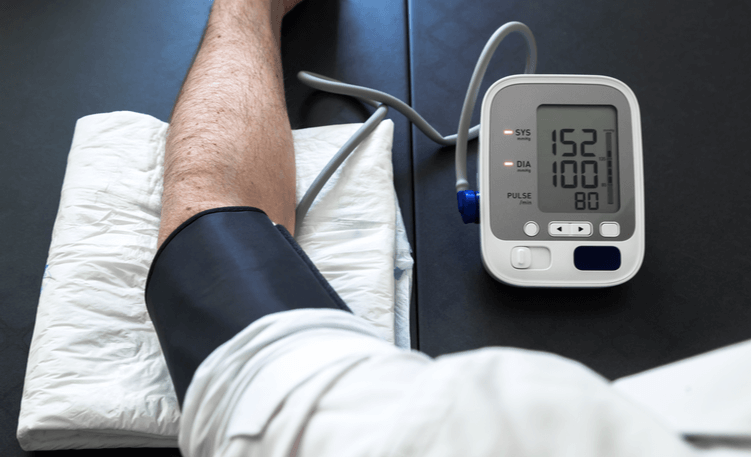By: Vinod Chandrashekhar Dixit
Hypertension is another name for high blood pressure. It can lead to severe complications and increases the risk of heart disease, stroke, and death. Primary hypertension, by definition, has no known cause but medical conditions and lifestyle factors can contribute to the development of secondary hypertension, however, with high blood pressure being a consequence of a separate health concern typically related to the heart, arteries, kidneys, or endocrine system. One can have high blood pressure, or hypertension, and still feel just fine. That’s because high blood pressure often does not cause signs of illness that one can see or feel.
High blood pressure, also known as hypertension, is the most common cardiovascular disease. Blood pressure refers to the force of blood pushing against artery walls as it flows through the body. High blood pressure can also cause shortness of breath during light physical activity or exercise.
Today, hypertension is a common and major cause of stroke and other cardiovascular disease. There are many causes of hypertension, including defined hormonal and genetic syndromes, renal disease and multifactorial racial and familial factors. The cause of hypertension is often not known but around 1 in every 20 cases of hypertension is the effect of an underlying condition or medication. Chronic kidney disease (CKD) is a common cause of high blood pressure because the kidneys do not filter out fluid. This fluid excess leads to hypertension. Hypertension is more common in men than women until the age of 45. Thereafter and until age 64, the percentages of men and women with high blood pressure are similar, and women may be more likely to develop hypertension after age 55.
Hypertension is the leading cause of stroke and a major cause of heart attack. Hypertension is often called “the silent killer” because it rarely causes symptoms. Diabetes also increases the risk of hypertension. This is partially due to the effect of diabetes on kidney function, but people who have diabetes generally develop hypertension before there is a measurable impact on the kidneys. Anxiety and stress can raise blood pressure. The body releases epinephrine, norepinephrine, and cortisol, hormones that cause narrowing of the blood vessels, in response to stress. Frequent narrowing and alterations in blood vessel diameter can lead to hypertension over time.
Still, some studies have linked mental stress and depression with risk of high blood pressure. Although many patients may not have symptoms at first, over time, high blood pressure can lead to “wear and tear” on the body. High blood pressure is very common in older people. As we age, our vascular system changes. Arteries get stiffer, so blood pressure goes up. This is true even for people who have heart-healthy habits. The good news is that blood pressure can be controlled in most people. Exercising is a beneficial lifestyle modification for a wide variety of health conditions. Hypertension emerges as an extremely important clinical problem because of its prevalence and potentially devastating consequences. Even a person with risk factors like high blood pressure, diabetes or even a smoking habit can gain real benefits from incorporating regular physical activity into their daily life. Lifestyle changes – including changes in diet and physical activity – and medications are recommended for treating high blood pressure. People should exercise on at least 5 days of the week. Examples of activities include walking, jogging, cycling, or swimming. Let us promote public awareness of hypertension and to encourage citizens of all countries to prevent and control this silent killer, the modern epidemic Hypertension. (The author is freelance journalist, writer & cartoonist. He can be reached at dixitpatrakar@yahoo.in)







